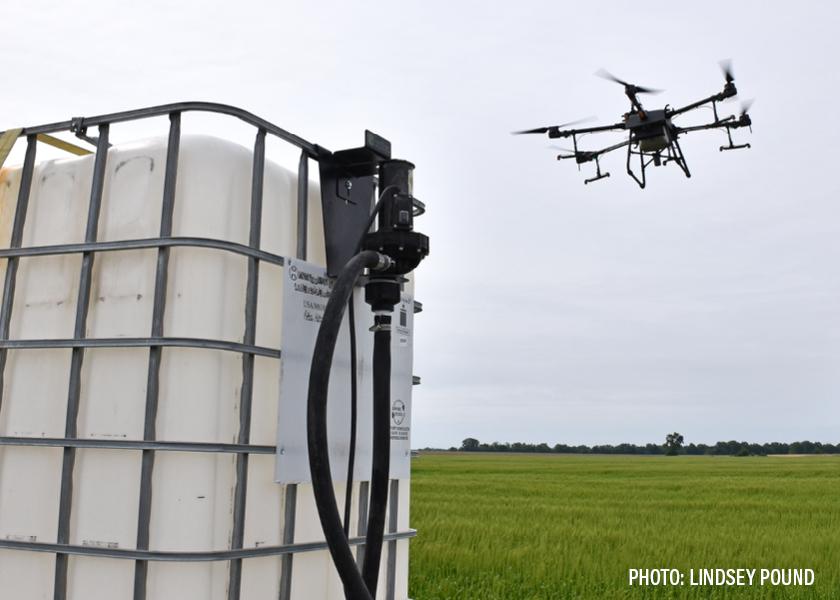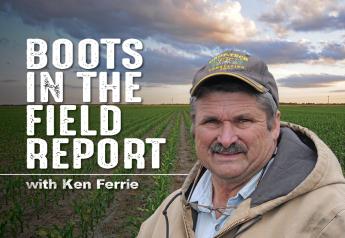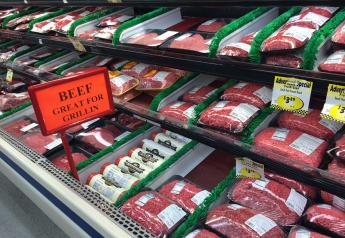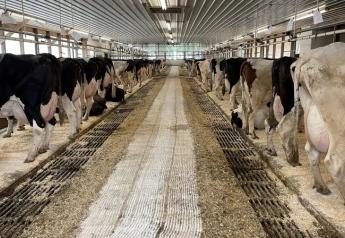Are You Disposing Pesticides Properly? Here’s How to Know

As you prepare to spray fields this spring, consider these tips to ensure you’re complying with federal regulations when it comes to pesticide disposal.
In a recent webinar held by the Agricultural Retailers Association, Carlye Patterson, associate at Faegre Drinker law firm in Des Moines, shared anyone disposing pesticides needs to check the instructions on the pesticide label, state and local laws, and the EPA’s Resource Conservation and Recovery Act. However, she says the first step to proper disposal begins before the pesticide is even used.
“The user needs to aim to only mix enough pesticide for the job,” Patterson says. “Then, if there is any extra product they can’t use or can’t be mixed into the sprayer, the product needs to be stored according to regulations.”
Disposal Programs
If you are storing leftover, unused pesticides, Patterson shares one option for disposal is to find a local waste management program.
“Each state actually has its own Clean Sweep program which will dispose of the pesticides for farmers and commercial users,” she says.
Because these programs vary state to state, The Pesticide Stewardship Alliance has created a database on its website with the necessary information for each program – including who to contact, who can participate, and what’s eligible.
It’s important to note that according to the EPA, farmers and commercial users generally cannot dispose of pesticides in household hazardous waste programs that may be offered outside of Clean Sweep.
Container Disposal
Pesticide containers have different regulations for disposal than the pesticides themselves.
Patterson says depending on the type of container, one of two methods can typically be used to prepare it for recycling and disposal.
“Triple rinsing involves flushing the container three times and pouring the rinse water into your applicator tank and induction cone,” she says. “Pressure rinse, on the other hand, is for plastic containers. It has a special nozzle, and it punctures the container and the rinse water goes into the applicator tank.”
The Pesticide Stewardship Alliance also recommends rinsing containers as soon as they are emptied. They warn leaving the container too long without rinsing will lead to dried residue that is nearly impossible to clean.







